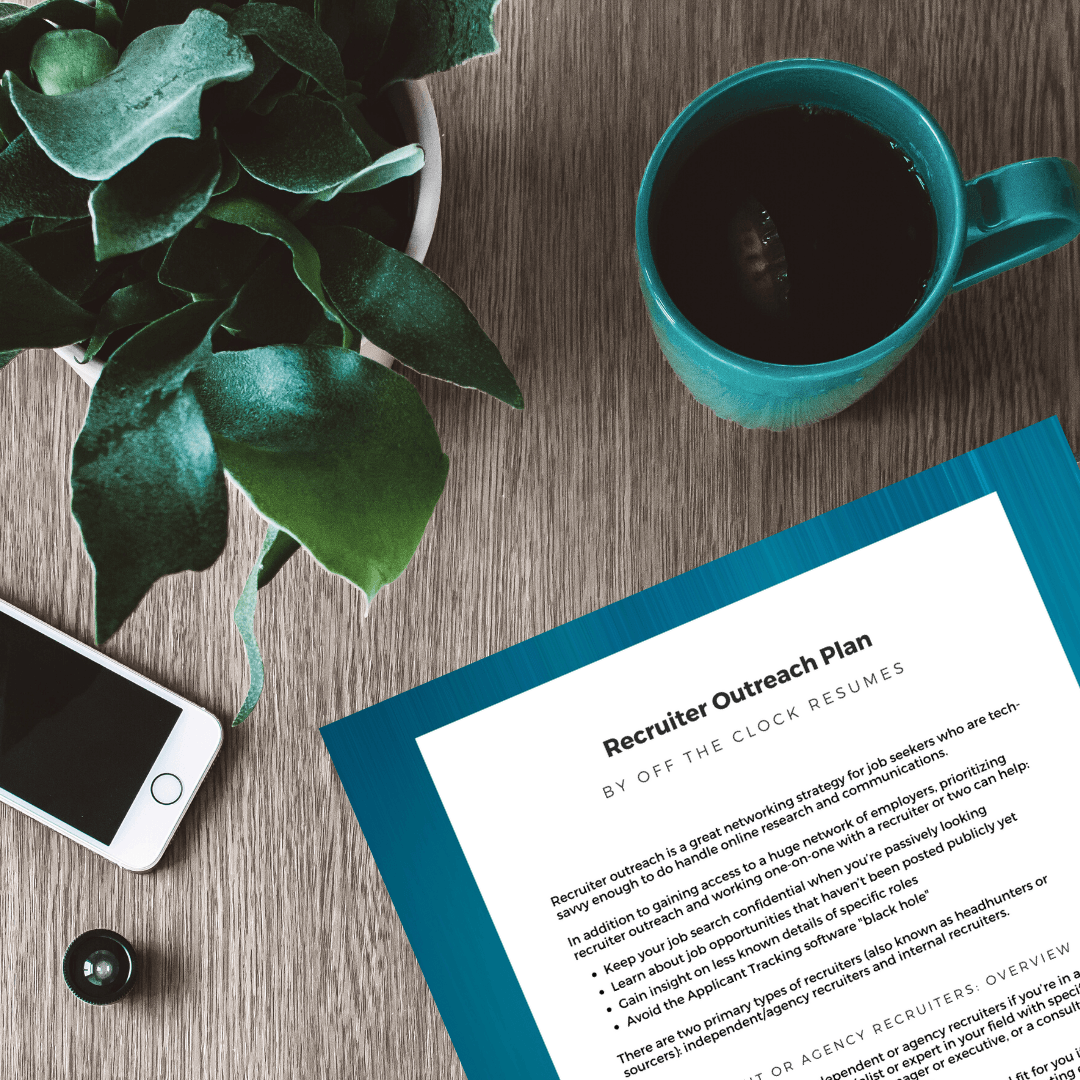
How To Showcase Transferable Skills And Your Value For A Career Transition
You have honed skills in your current career, but now the challenge and allure of a new career call out to you. How do you identify and leverage your existing skills to pivot successfully into a new industry?
Making a career transition can often feel like a challenging puzzle to solve. You possess a set of skills and experiences, but they might not perfectly align with your desired role or industry. Not to worry! This is where the concept of transferable skills can help bridge the gap between your past experiences and your future goal.
Recognizing the significance of these transferable skills is key to successfully showcasing one's potential in the face of change. Let's explore how to effectively highlight these versatile skills. By understanding which skills are your strength, this will facilitate a seamless transition and amplify your value in the eyes of prospective employers.

This blog contains affiliate links, meaning I may receive a small commission (at no cost to you) if you subscribe or buy something through the links I share. I only share links to products or services that I use myself or absolutely love!
What Are Transferable Skills?
Transferable skills are not tied to a specific job. They are abilities or expertise that may help candidates excel in new roles. They serve as a bridge, allowing candidates to demonstrate their adaptability, problem-solving capabilities, and relevant experiences despite coming from different backgrounds. This can exponentially reduce the overwhelm of job changes like a promotion or career change.
Examples Of Transferable Skills:
- Communication | These skills allow you to effectively convey ideas and demonstrate active listening. Communication skills are a must in almost any role because they help you maintain clear and concise written and verbal communication.
- Problem-solving | No matter where you go, employers will appreciate employees who can analyze issues, identify effective solutions, and implement strategies to overcome challenges.
- Time management | You may have the skills but as you get more tasks delegated to you being able to prioritize tasks, meet deadlines, and efficiently allocate resources becomes crucial to optimize productivity. This shows that you have a strong foundation for sustainably managing your tasks.
- Adaptability | In a perfect world, everything would be predictable and consistent. Since that is not always the case, the skill to know when and how to pivot will showcase your flexibility. This includes quickly adjusting to new environments, learning new processes, and seamlessly integrating into different work cultures.
- Teamwork | Even if you are mostly working by yourself, being able to collaborate with others, fostering a positive team environment, and contributing to group objectives effectively will make you an attractive hire.
Highlighting transferable skills is essential during a career transition because it enables the job seeker to showcase their value. Employers who can prove their ability to quickly acclimate to a new work environment and contribute significantly to the organization's objectives are highly sought out. By effectively communicating these skills, candidates can demonstrate their potential to excel in a new role, thereby enhancing their prospects for a successful career transition.
Assessing And Identifying Transferable Skills From Past Experiences
Transferable skills can create a smoother transition between careers, making it pivotal for job seekers to know how to effectively identify and articulate their transferable skills from past experiences. From this, they can create a strong case for themselves as a suitable candidate for a new career path or industry.
To identify your transferable skills, consider the following steps:
1 | Self-Reflection
Reflect on your past roles, projects, and responsibilities to identify instances where specific skills were utilized or developed. Did you ever have an achievement at work or were recognized for certain skills you demonstrated?
2 | Skill Analysis
Evaluate the skills required for the targeted role and compare them with the skills acquired in previous positions. Look for overlaps and parallels between the two.
3 | Feedback
Seek feedback from colleagues, supervisors, or mentors to gain insight into your strengths and areas where you have excelled in the past. This can help in recognizing transferable skills that others have observed in your work. The firsthand accounts can provide great insight and notable examples for you to pull from.
4 | Skill Mapping
Create a skills inventory, mapping out the abilities, strengths, and achievements that can be effectively transferred to the new role or industry.
Give employers what they want! This Skills Auditor and bonus Work History Examples Guide helps you organize your skills and translate them into action-oriented statements for your Experience section
5 | Research
Research the industry and job role of interest. Identify the most common key skills and competencies required and match them with your own experiences to highlight their relevance.
By taking some time to reflect, research, and compare, you can form a better idea of what your transferable skills are and begin looking into how to present them for your desired new career or industry.
Mapping Transferable Skills To The Requirements Of The Target Industry
You can significantly enhance your chances of success in making a successful career transition by doing this one thing: mapping your transferable skills to the requirements of your target industry. Here is a step-by-step guide on how to do just that:
1 | Research the industry and job role
Begin by thoroughly researching the specific industry and the job role you are targeting. You will want to look for the key skills, qualifications, and experiences that are typically sought after in that particular field.
You can create your list by reviewing multiple job descriptions within the targeted industry to identify common skill requirements and preferred qualifications. Make note of the recurring themes and specific keywords used in these descriptions.
2 | Match transferable skills
Compare your transferable skills with the identified requirements. Look for overlaps between the skills you possess and those demanded by the industry. Focus on highlighting how your existing skills can be directly applied to fulfill the needs of the industry and the specific role.
3 | Provide relevant examples
Illustrate each transferable skill with specific examples from your previous work experiences. Use the stories from your colleagues, supervisors, and/or mentors. Demonstrate how you have effectively utilized these skills to achieve results and contribute to the success of previous projects or organizations.
4 | Tailor your resume and cover letter
It's time to synthesize everything together. Customize your resume and cover letter to emphasize the transferable skills that align with the industry's requirements. Use industry-specific keywords you've previously researched to showcase your familiarity with the field and demonstrate your ability to seamlessly transition into the new role.
5 | Prepare for interviews
Anticipate potential interview questions and formulate responses that highlight your transferable skills concerning the industry's needs. Have your relevant examples prepared and practice retelling them. Showcase your understanding of the industry's challenges and articulate how your transferable skills can address these challenges effectively.
By the time you reach the interview stage, you will already have a solid understanding of the new industry you want to break into and how your transferable skills make you stand out and a logical choice as a candidate.
Highlighting Transferable Skills in Resumes, Cover Letters, and Interviews
The job search process involves many moving parts. To strengthen your candidacy, you will want to optimize your resume, cover letter, and LinkedIn on top of nailing your interview. By highlighting your transferable skills across the board, you are building an impactful narrative that supports your transition onto a new career path.
Resumes
- Branding Statement: "Relationship builder with strong communication skills for translating complex ideas to diverse audiences, cultivating partnerships, and driving collaboration across teams."
- Skills Section: Presentations, Mentoring, Process Improvement
-
Work Experience Section:
"Implemented a new customer service system that met various stakeholders' needs after collaborating with a diverse project team."
Cover Letters
- Discuss specific instances where your problem-solving skills led to innovative solutions, highlighting your ability to think critically and creatively in challenging situations.
- Emphasize how your strong teamwork and collaboration skills have contributed to successful project outcomes, underscoring your ability to work effectively with diverse teams.
- Describe how your strong organizational skills have enabled you to manage complex tasks and meet deadlines consistently, illustrating your reliability and efficiency.
LinkedIn Profile
- Utilize the "Skills" section to highlight your proficiency in relevant transferable skills, ensuring they align with the keywords and phrases commonly used in your target industry.
- Include detailed descriptions in the "Experience" section, emphasizing instances where you have effectively applied your transferable skills to achieve measurable results.
- Share relevant articles, posts, or updates that demonstrate your thought leadership and expertise in the transferable skills relevant to your industry of interest.
Interviews
- Share specific examples of how your transferable skills have contributed to successful outcomes in previous roles, emphasizing the impact of your contributions on the team or organization.
- Demonstrate your adaptability by discussing instances where you successfully navigated through challenging situations or adapted to changes in the work environment.
- Illustrate your effective communication skills by providing clear and concise responses to interview questions, ensuring that your points are well-articulated and easy to understand.
Conclusion
Career transitions have become a norm rather than an exception. The ability to identify and showcase your transferable skills is your secret weapon for success. Whether you're pivoting to a new industry, climbing the career ladder, or embarking on an entirely different professional journey, these adaptable competencies serve as your passport to new opportunities.
Related Articles
-

26 Interview and Offer-winning Resume Tips for 2026 and Beyond
Upgrade your resume for 2026 with tips that work from design to keywords and strategies that get interviews. Discover what to fix now and stand out fast!
-

The Perfect Resume Length: One Page, Two Pages, or More?
Confused about the ideal resume length? Discover when to use 1, 2, or even 3+ pages plus get tips to highlight your value and land more interviews.
-
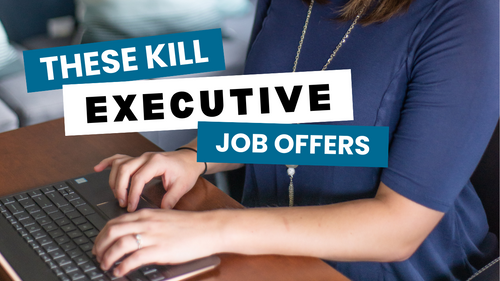
The Harsh Truths About Executive Resumes: What Not to Do
Avoid the most common executive resume mistakes that cost you interviews. Discover actionable resume tips to stand out and land C-level roles.
-

Resume Skills That Get You Hired: What To Include (And What To Skip!)
Discover the top resume skills employers want to see on your resume in 2025. Read or watch to learn how to showcase them to stand out and land more interviews.
-
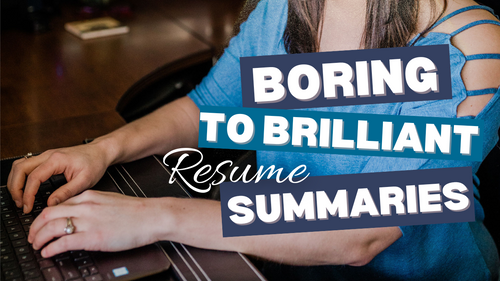
How To Transform Your Resume Summary From Boring To Brilliant
Transform your resume summary from generic to job-winning! Learn how to write a standout branding statement that grabs attention and lands interviews.
-

Career Transitions: Navigating Your Path to Success in Healthcare and Beyond
Guest blogger Sadie Smith shares how to leverage your existing skills and experience while pursuing new career opportunities in healthcare and other industries.
-

The Best Resume Tips for Recent Law School Graduates
Guest contributor Luke Bell shares practical resume tips to help recent law school graduates make a lasting impression on potential employers.
-

What Employers Look For In A Resume Skills Section
Learn which key components of an effective Skills section can indicate to resume screening software and the recruiters behind it which skills are your most recent, relevant, functional job-related skills.
-

What Your Resume Should Look Like in 2026
This comprehensive resume guide shares what the most common resume sections are and what your resume should look like in 2026.
-

Is Jobscan Worth It? Jobscan Review (2024 Update)
Have you heard of Jobscan? Learn more about this keyword analysis tool for job seekers, what it costs, and what Certified Resume Writers both love and hate about it in this in-depth product review.
-
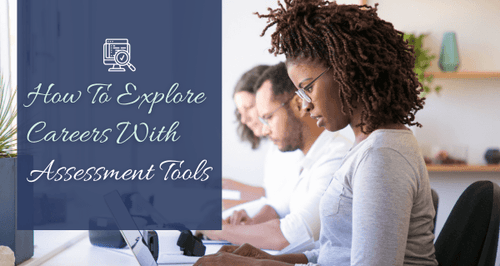
How To Explore Careers With Assessment Tools
Career assessments are emerging as practical tools that provide a systematic framework for professionals undergoing career transitions.
-

How To Showcase Achievements In Your Cover Letter
Learn how to turn your accomplishments into a compelling personal narrative that showcases the results an employer can expect from you.
-
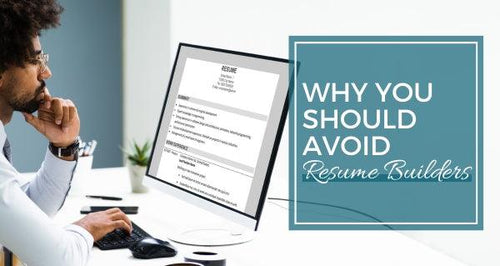
Why You Should Avoid Resume Builders
Online resume builders are an enticing resume resource, but as a Certified Resume Writer who has tried them out, I recommend avoiding them.
-

ChatGPT Review: Resume Writing Edition
How useful is ChatGPT in crafting a resume that lands interviews and job offers? This review by a Certified Resume Writer isn’t what you’d expect.
